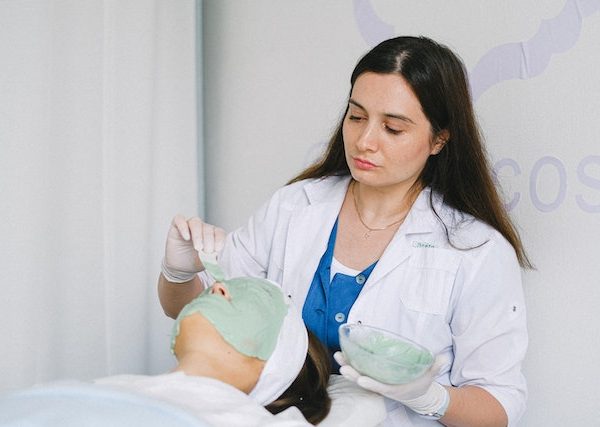In the competitive world of dermatology, attracting local patients is essential for building a thriving practice. Local Search Engine Optimization (SEO) plays a pivotal role in helping dermatologists connect with the right audience in their immediate vicinity. In this guide, we’ll explore effective local SEO for dermatologists strategies tailored specifically to boost their online visibility and attract local patients.
- Claim and Optimize Your Google My Business Listing:
Your Google My Business (GMB) listing is a critical component of local SEO. Ensure your listing is claimed, accurate, and complete with essential information such as your practice’s name, address, phone number (NAP), business hours, and a description of your services. Select the most relevant categories, and upload high-quality images of your practice. Encourage satisfied patients to leave positive reviews on your GMB listing to improve your local credibility.
- Consistency Is Key:
Consistency in your online presence is crucial for local SEO success. Ensure that your NAP information is consistent across all online platforms, including your website, social media profiles, local directories, and review sites. Any discrepancies can confuse search engines and potential patients.
- On-Page SEO for Local Keywords:
Optimize your website’s on-page elements for local keywords. Incorporate location-specific keywords (e.g., “Dermatologist in [Your City]”) into your website’s title tags, meta descriptions, header tags, and content. This helps search engines understand your geographic relevance and rank you higher for local searches.
- Create Local Content:
Develop content that speaks directly to your local audience. Write blog posts, articles, and resources that address common skin concerns specific to your community. For example, you can write about skincare tips for a specific climate, seasonal skin issues, or local events where you offer special promotions. Localized content not only appeals to your target audience but also demonstrates your expertise in addressing their unique needs.
- Build Local Backlinks:
Backlinks from authoritative local websites can significantly boost your local SEO efforts. Seek opportunities to collaborate with local businesses, participate in community events, or sponsor local charities and events. When these entities link back to your website, it enhances your local authority in the eyes of search engines.
- Mobile Optimization:
Local searches are often conducted on mobile devices. Ensure your website is mobile-friendly, responsive, and loads quickly on smartphones and tablets. A seamless mobile experience not only improves your ranking but also enhances user satisfaction.
- Monitor and Analyze:
Regularly monitor your local SEO performance using tools like Google Analytics and Google Search Console. Analyze data on website traffic, keyword rankings, and user behavior to make informed decisions and refine your strategy over time.
